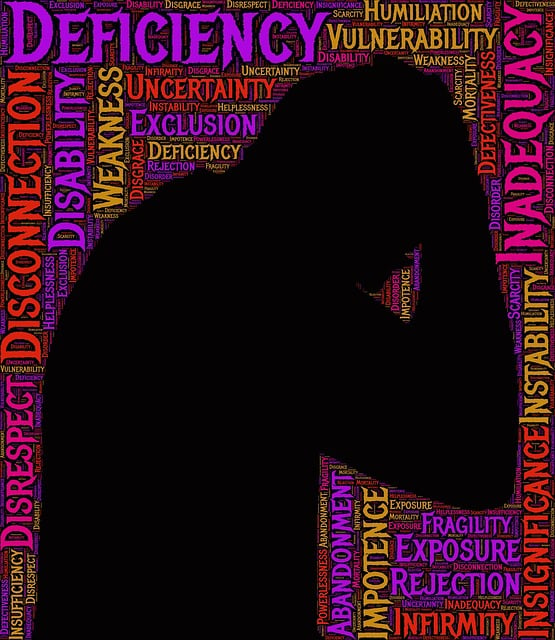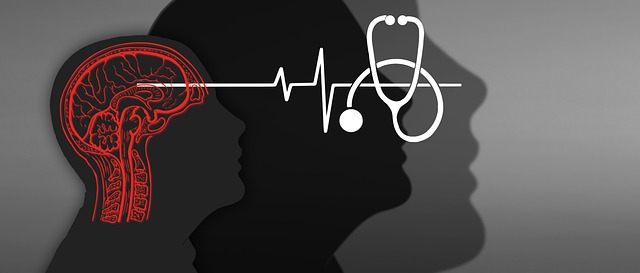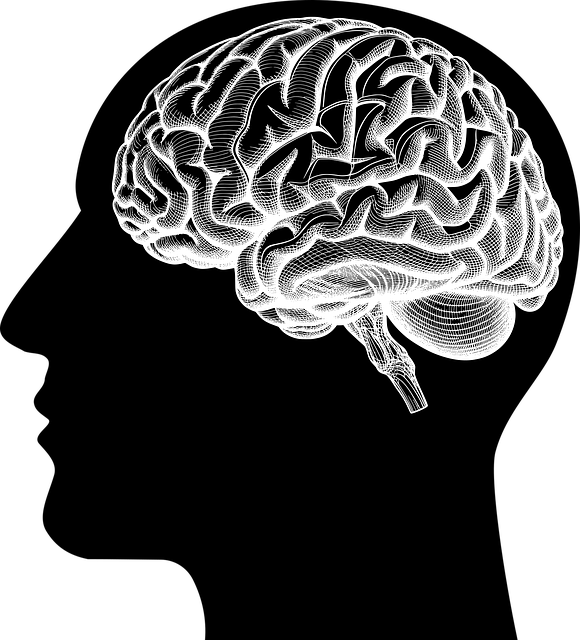Crisis intervention is a critical process offering immediate support for severe emotional distress or challenging situations, aiming to stabilize individuals, prevent escalation, and initiate recovery. Superior Anger Management Therapy (SAMT) enhances intervention effectiveness by teaching healthy coping mechanisms, stress management, and confidence-boosting strategies, empowering people to manage anger, prevent destructive behaviors, and de-escalate crises. SAMT's cognitive reappraisal skills, mindfulness practices, and relaxation techniques promote emotional healing, inner resilience, and emotional intelligence, transforming potential crises into manageable situations. Implementing post-intervention support and public awareness campaigns further strengthen crisis management, fostering a culture of care that improves outcomes and enhances community well-being.
In times of crisis, effective intervention can make all the difference. This article provides a comprehensive guide to crisis intervention strategies, focusing on anger management as a key trigger. We explore fundamental concepts, identify signs and symptoms of angery, and delve into superior anger management therapy techniques proven to de-escalate high-stress situations. Additionally, we discuss post-intervention support and prevention strategies for long-term resilience.
- Understanding Crisis Intervention: Key Concepts and Principles
- Identifying Anger as a Potential Trigger: Signs and Symptoms
- Superior Anger Management Therapy Techniques for Effective Interventions
- Implementing Post-Intervention Support and Prevention Strategies
Understanding Crisis Intervention: Key Concepts and Principles

Crisis intervention is a critical process aimed at providing immediate support and guidance to individuals facing severe emotional distress or challenging situations. It involves a range of strategies and techniques designed to stabilize the person, prevent further escalation, and initiate recovery. The primary goal is to offer a safe space for expression, ensure immediate safety, and facilitate a return to a state of equilibrium.
At the heart of effective crisis intervention lies an understanding of key concepts like emotional regulation, active listening, and empathy. Therapists play a pivotal role in helping individuals identify and manage intense emotions, such as anger, which often underlies many crises. Superior Anger Management Therapy, for instance, focuses on teaching individuals healthy coping mechanisms, stress management techniques, and confidence-boosting strategies to navigate intense feelings constructively. By integrating these principles into the intervention process, mental wellness podcast series production can enhance overall effectiveness, empowering individuals to take control of their emotional well-being and build resilience in the face of adversity.
Identifying Anger as a Potential Trigger: Signs and Symptoms

Anger is a powerful emotion that can often be a red flag for underlying issues and potential crises. Recognizing anger as a trigger is a crucial step in crisis intervention, as it allows individuals to address the root cause before it escalates. Superior Anger Management Therapy focuses on helping clients identify and understand their anger signs and symptoms, which may include heightened physiological responses like increased heart rate, clenched fists, or rapid breathing, as well as behavioral changes such as shouting, aggression, or withdrawal.
Emotional healing processes are integral to building inner strength development. Through effective therapy techniques, individuals can learn to manage their anger healthily, thereby fostering better emotional intelligence and coping strategies. This proactive approach ensures that what might have been a minor issue becomes a manageable situation, preventing it from escalating into a crisis.
Superior Anger Management Therapy Techniques for Effective Interventions

Anger is a powerful emotion that, when left unmanaged, can lead to destructive behaviors and escalate into crises. Superior Anger Management Therapy (SAMT) offers effective intervention strategies tailored to address this complex issue. One of the key techniques involves teaching individuals cognitive reappraisal skills, enabling them to interpret and respond to anger-provoking situations more constructively. By understanding the underlying triggers and cognitions, individuals can reframe their perspectives and de-escalate their emotional response.
Additionally, SAMT incorporates mindfulness practices and relaxation techniques to help individuals gain better control over their anger. Mindfulness meditation, for instance, allows individuals to observe their emotions without judgment, fostering a sense of calm and promoting thoughtful responses. Integrating these advanced techniques into crisis intervention not only enhances individual well-being but also contributes to the development of public awareness campaigns that focus on depression prevention and conflict resolution techniques, ultimately creating a safer and more harmonious society.
Implementing Post-Intervention Support and Prevention Strategies

Implementing post-intervention support and prevention strategies is a vital step in crisis management, aiming to mitigate potential future occurrences. Superior Anger Management Therapy (SAMT), grounded in Mind Over Matter principles, plays a pivotal role here. By offering tailored counseling sessions, individuals equipped with SAMT techniques learn to manage their emotions effectively, thereby reducing the likelihood of escalating crises. This proactive approach not only benefits the individuals but also contributes to wider community well-being.
Public Awareness Campaigns Development centered around promoting mental health literacy and early intervention can further bolster these efforts. Educating the public about recognizing signs of distress and providing anxiety relief techniques empowers them to offer support during critical moments. Such initiatives foster a culture of care, ensuring that individuals experiencing crises receive timely assistance, leading to improved outcomes and enhanced resilience.
In conclusion, crisis intervention strategies, especially those focused on anger management using Superior Anger Management Therapy techniques, are vital tools for professionals navigating emotional crises. By understanding key concepts, identifying anger triggers, and implementing effective post-intervention support, we can foster healthier environments and mitigate potential harm. This comprehensive guidance ensures that folks receive the necessary care and prevention strategies to overcome challenging situations.














